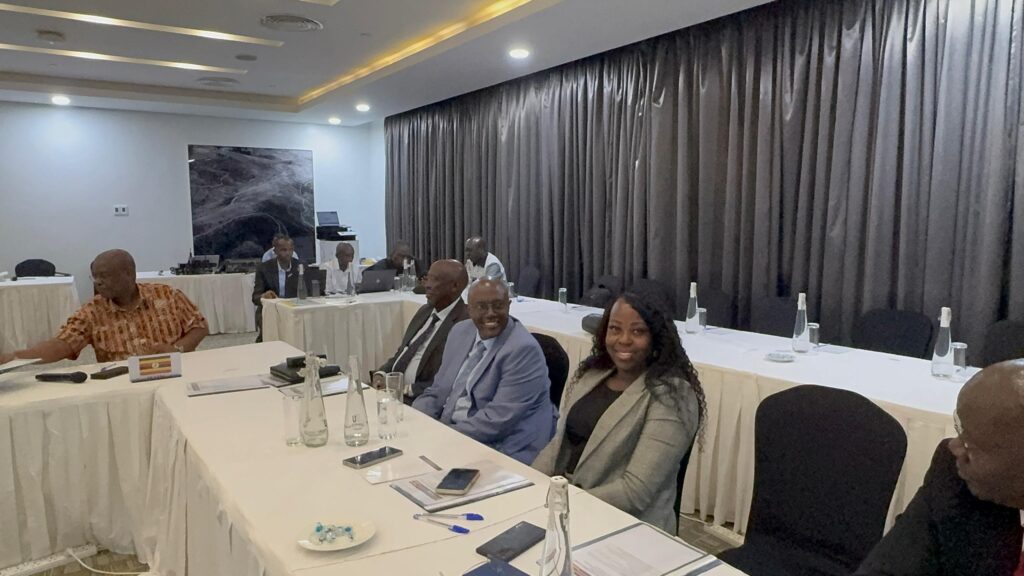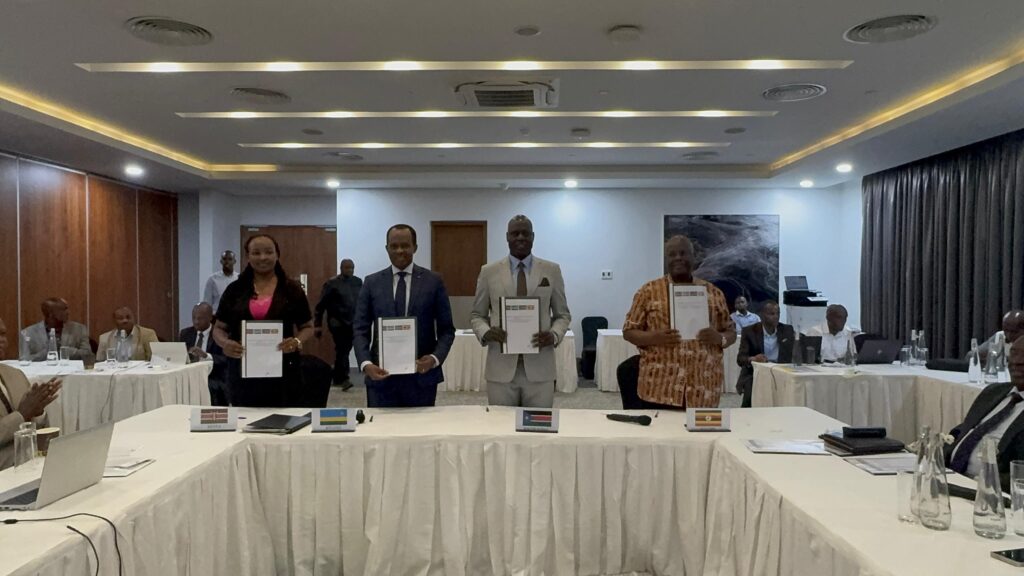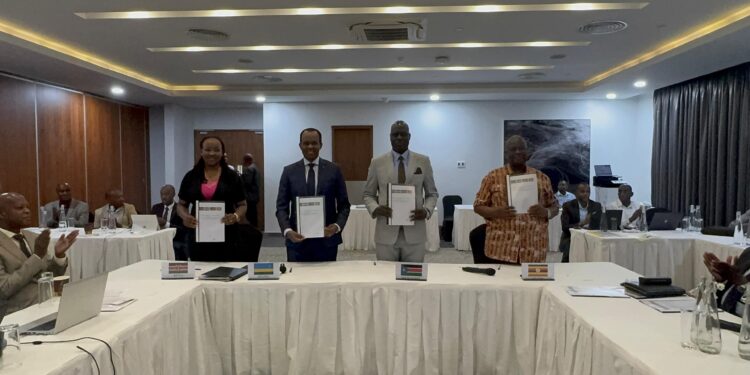Kigali– Uganda joined fellow Northern Corridor Integration Projects (NCIP) member states in Kigali for the 11th Meeting of Permanent Secretaries, where transformative agreements were reached to reduce regional airfares and modernise air navigation systems.
The Ugandan delegation, led by NCIP National Coordinator Ambassador Richard Kabonero, included the Director General of the Uganda Civil Aviation Authority (UCAA), Mr. Fred Bamwesigye, officials from the Uganda High Commission in Kigali, and aviation technical experts.
The meeting focused on actionable strategies to cut travel costs and enhance regional air connectivity, with Uganda emerging as a key beneficiary.
Key Gains for Uganda:
Immediate Airfare Reduction Measures
Uganda secured implementation of the long-awaited Fifth Freedom Rights, enabling airlines to operate multi-leg routes through Entebbe (e.g., Nairobi–Entebbe–Kigali). This move is expected to increase competition and drive down ticket prices.
Additionally, Ugandan carriers are now positioned to forge codeshare and interline agreements with other regional airlines, offering passengers more affordable and flexible flight options. A regional framework to regulate travel agent pricing is also expected by June 2026 to curb exploitative practices and protect consumers.

Fee Harmonisation
A major step toward reducing operational costs was taken, as Uganda agreed to participate in a regional summit in December 2025 to harmonise Passenger Service Charges and Air Navigation fees. These changes will directly impact fare pricing for flights originating from Entebbe International Airport.
Continental Connectivity
Uganda committed to fast-tracking its accession to the Single African Air Transport Market (SAATM) by the end of 2025. This will unlock access to over 35 African destinations, significantly expanding the reach of Ugandan carriers.
Modernisation of Air Navigation
The meeting approved Uganda’s role in a Distributed Aeronautical Database that will allow real-time data exchange between air traffic controllers in Entebbe, Nairobi, Kigali, and Juba. This will enhance regional airspace safety and efficiency.

Further, Uganda will benefit from improved radar surveillance and a newly signed (pending Kenya’s ratification) civil-military coordination framework, enabling better use of national airspace.
Regional Safety Enhancements
A joint accident investigation mechanism was activated, allowing NCIP countries to share expertise and resources for faster, more effective responses to air incidents.
Uganda’s Strategic Positioning
Ambassador Kabonero lauded the outcomes, stating, “This meeting translates regional cooperation into tangible outcomes for Ugandans: cheaper tickets, expanded routes, and world-class airspace management.” He urged Uganda Airlines to prioritise launching and strengthening the Entebbe–Kigali route, capitalising on these new frameworks and cementing Entebbe’s role as a regional aviation hub.
The Kigali meeting marks a significant step in regional aviation integration, with Uganda positioned to deliver both economic and passenger benefits in the months ahead.












